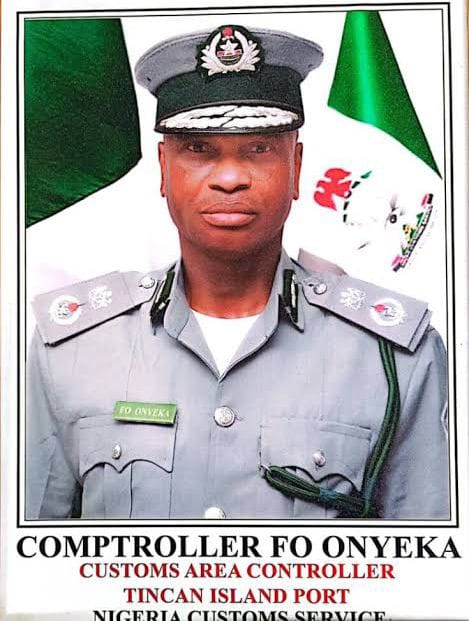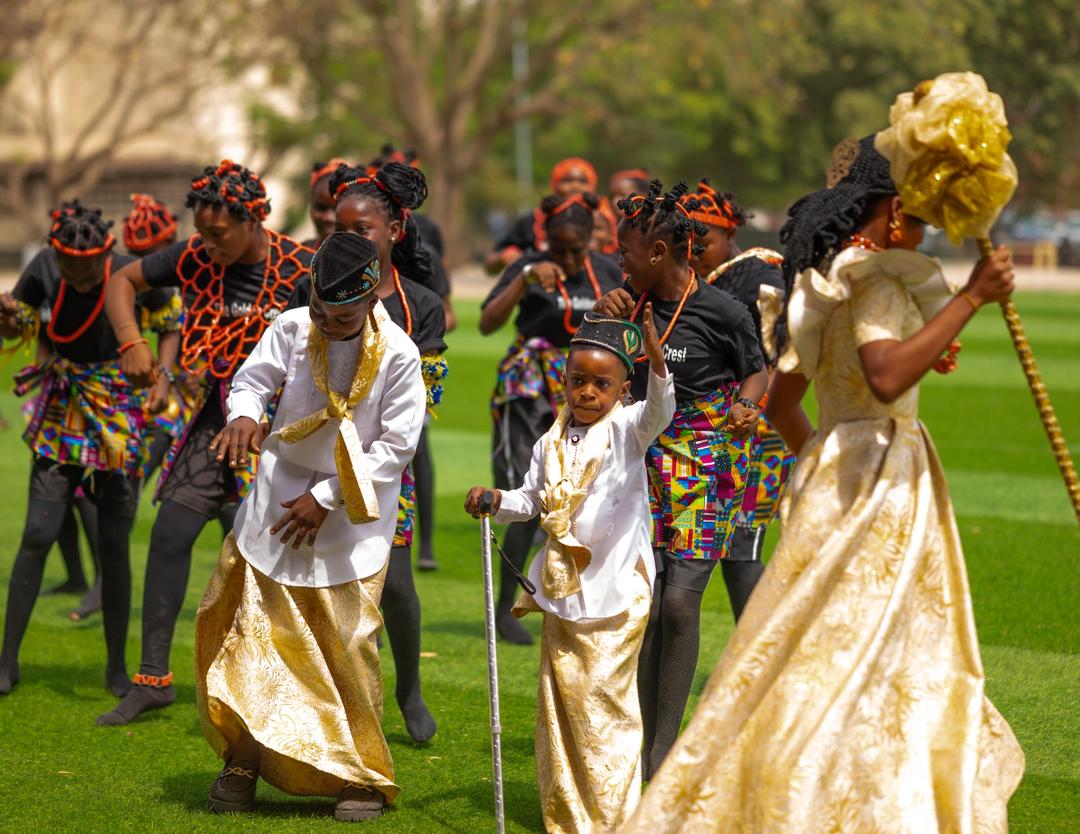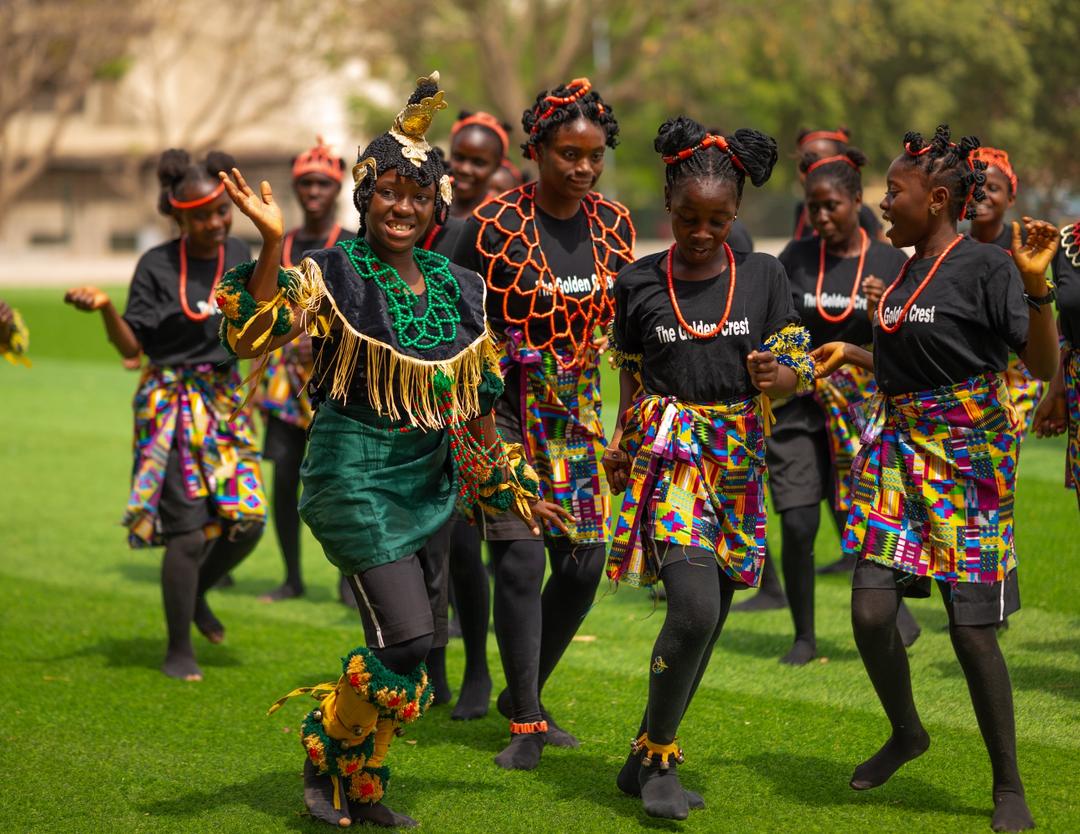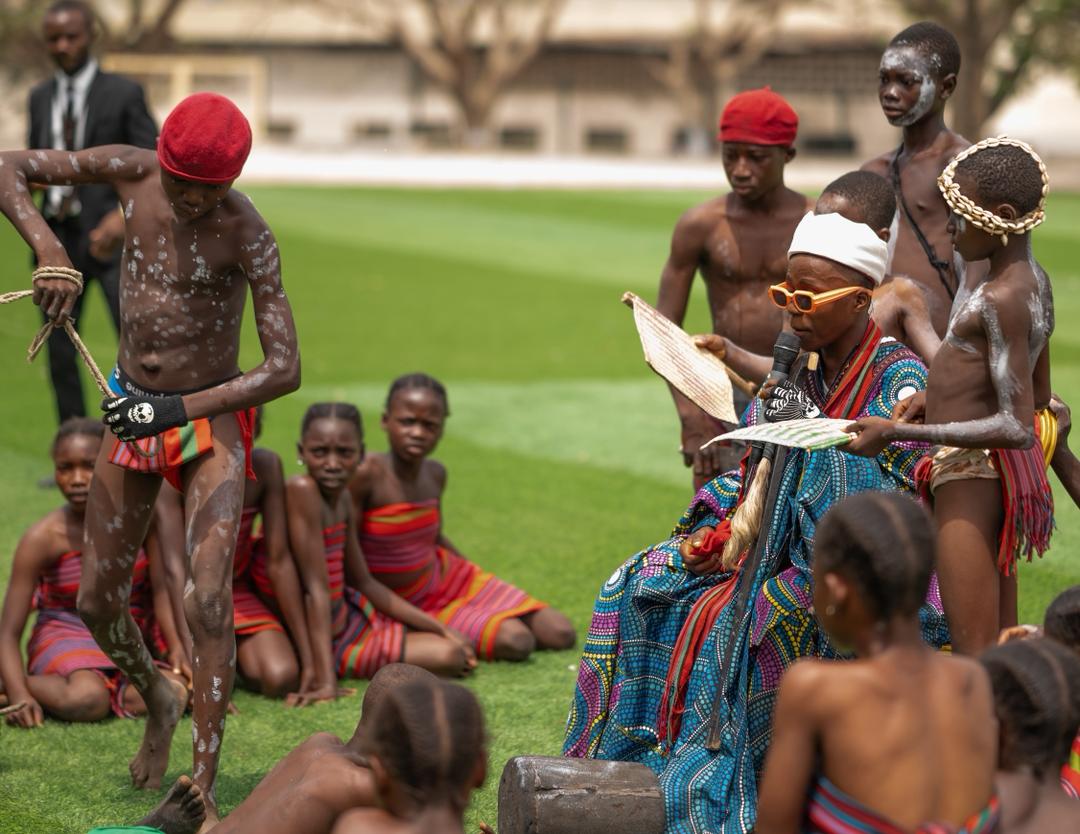society
LEGALITY OF MARIJUANA IN NIGERIA: A LEGAL OPINION -Kayode Ajulo, PhD
Abstract
In the recent times, there have been calls from different quarters on the need to legalize the use of Marijuana in Nigeria. This legal opinion considers the mischief behind the laws proscribing the production, possession, sale and use of Marijuana and thereafter considers the benefits of legalizing Marijuana in Nigeria.
Introduction
Classified as an illicit drug in many countries, marijuana is outlawed by many governments. In Nigeria, it is often referred to as ‘Indian hemp’, in the country, Cannabis Sativa, which has enjoyed use as fibre, seed and seed oils, medicinal purposes, and as a recreational drug traces its origin to Central and South Asia. The drug also has many other aliases igbo, dope, ganja, sensi, kuma, morocco, eja, kpoli, weed, trees, etc. Though usually smoked, the plant can be soaked in alcoholic drinks dubbed ‘monkey-tail’, and consumed mostly in the south-south parts of the country. Some people cook food with it, some boil it to drink as tea, while others just chew the plant and seeds.
Physiologically, cannabis causes euphoria, relaxes the muscles and increases appetite. On the downside, the drug can impair motor skills, cause anxiety and paranoia and decrease short-term memory.
Deemed an illicit drug by the law, it had always been an offence in Nigeria to smoke marijuana, and it has largely been frowned upon by society. However, paradoxically, despite increased hounding of growers, sellers, and users, marijuana appears to be consumed in ever greater quantities.
The Agency saddled with the enforcement of drug laws in Nigeria is the National Drug Law Enforcement Agency (NDLEA). The Agency has the job of curtailing the consumption of drugs in Nigeria. The general powers of the Agency is contained in section 3 of the NDLEA Act.
Under the NDLEA Act, which came about by the promulgation of Decree Number 48 of 1989, the possession or smoking of cannabis, or even allowing one’s premises to be used for dealing in cannabis, can result in a prison sentence from 15 years to life. Its precursor, the Indian Hemp Act, was even harsher, carrying a maximum sentence of death.
Marijuana in Nigeria
Statistics show that cultivation to transportation and to sales, the marijuana industry connects different cities throughout Nigeria. At many outdoor markets and public motor garages, it is not strange to see marijuana smokers puffing away.
The 2011 United Nations Office on Drugs and Crime (UNODC) World Drug Report stated that cannabis use was prevalent among 14.3 per cent of 15 to 64 year olds in Nigeria. The same report in 2014 revealed that Nigeria had made the highest number of cannabis seizures of any African country. Following this report, the NDLEA launched a programme dubbed ‘Operation Weed Eaters’ that aimed to rid the country of cannabis.
While marijuana can be grown in all parts of the country, according to the NDLEA, the states that are notorious for cultivating the plant are Ondo, Ogun, Osun, Oyo, Ekiti, Edo and Delta. In September, the NDLEA destroyed cannabis farms in Ute and Ose local government areas in Ondo State and arrested 30 suspects, seizing 31 kilograms of dried weed suspected to be marijuana in the Suleja area.
Between January and June 2014, NDLEA arrested 4,511 suspected drug traffickers and seized 47,423 kilograms of drugs. Of that number, cannabis accounted for 45,875 kilograms. Though these seizure figures are high, large quantities of marijuana still find their way to the market baffling the law enforcement system.
Legalizing Marijuana in Nigeria
While it is important to note that many countries including Nigeria have enacted harsh laws against the cultivation, possession or sale of cannabis. In fact, dealing or using marijuana in countries such as Singapore, China, Malaysia, United Arab Emirates, and Saudi Arabia could land one from four years in jail to public beheadings.
But in recent years, some nations have adopted a different strategy, of decriminalizing marijuana usage as a way of combating it. These societies have also often reduced the penalties for possession of small quantities of cannabis, so that it is punished by confiscation or a fine rather than by imprisonment. The idea has been to focus more resources on those who traffic the drug.
Uruguay made history by becoming the first country to legalise cultivation, trade and usage of marijuana in December 2013. In countries as varied as the Netherlands, Germany, Mexico, Peru, and Canada, the emphasis has shifted towards the decriminalization of marijuana. Jamaica, a country where marijuana smoking has long been popular, is set to decriminalize it too.
In 2018, Thailand’s military government unanimously approved medical marijuana use, which would make it the first country to legalize cannabis use in any form in Southeast Asia.
There are several laws in Nigeria which prohibit cultivating, possessing and using Marijuana.
Section of 11 of the NDLEA Act provides that:
Any person who, without lawful authority-
(a) imports, manufactures, produces, processes, plants or grows the drugs popularly known as cocaine, LSD, heroine or any other similar drugs shall be guilty of an offence and liable on conviction to be sentenced to imprisonment for life; or
(b) exports, transports or otherwise traffics in the drugs popularly known as cocaine, LSD, heroine or any other similar drugs shall be guilty of an offence and liable on conviction to be sentenced to imprisonment for life;
(c) sells, buys, exposes or offers for sale or otherwise deals in or with the drugs popularly known as cocaine, LSD, heroine or any other similar drugs shall be guilty of an offence and liable on conviction to be sentenced to imprisonment for life; or
(d) knowingly possesses or uses the drugs popularly known as cocaine, LSD, heroine or any other similar drugs by smoking, inhaling or injecting the said drugs shall be guilty of an offence and liable on conviction to imprisonment for a term not less than fifteen years but not exceeding 25 years.
See also Okewu v FRN (2012) LPELR-7834(SC); Nwadiem v. FRN (2018) LPELR-9845 (CA)
Similarly, section 7 of the Indian Hemp Act prohibits the use of Indian hemp.
From the above provisions, the law proscribes the illegal cultivation, use, sell and possession of Narcotics. The poser from the above is “whether there could be instances of legal cultivation, use, sell and possession of Narcotics?”
A careful perusal of the National Drug Law Enforcement Agency Act will reveal that there was no mention of legal use of Narcotics. What could appear to seem as a provision for legal use is provided for under section 3 of the NDLEA Act. The section provides that:
(1) Subject to this Act and in addition to any other functions expressly conferred on it by other provisions of this Act, the Agency shall have responsibility for-…
(h) the facilitation of rapid exchange of scientific and technical information and the conduct of research geared towards eradication of illicit use of narcotic drugs and psychotropic substances;
It is on the heels of this provision that the NDLEA had given a letter of “No Objection” to Medis Oil Company Limited and two others to import seeds of industrial cannabis for research purposes.
Similarly, Under Article 3 paragraph 5 of the 1961 Single Convention on Narcotic Drugs to which Nigeria is signatory to, it is envisaged that as a result of research, a drug may be deleted from schedule IV of the 1961 Single Convention if researches reveal its therapeutic advantages. At the risk of repetition but for the sake of emphasis the Paragraph provides:
A Party shall, if in its opinion the prevailing conditions in its country render it the most appropriate means of protecting the public health and welfare, prohibit the production, manufacture, export and import of, trade in, possession or use of any such drug except for amounts which may be necessary for medical and scientific research only, including clinical trials therewith to be conducted under or subject to the direct supervision and control of the party.
(Underlining supplied for emphasis)
A careful reading of the 1961 Single Convention on Narcotic Drugs reveal that Narcotics may be used by signatory states for research and medical purposes. Cannabis plant or its resin or extract with THC content lower than 1% is considered as CBD (medical) cannabis and not psychoactive.
Economic benefits of Marijuana: Thailand as a Case Study
Despite the facts that the mischief which several stringent laws against Narcotics seek to prevent is the harm they do to human health, recent medical studies have also indicated that marijuana can also be beneficial to health.
Thailand’s military government unanimously approved medical marijuana use, which would make it the first country to legalize cannabis use in any form in Southeast Asia.
It is apropos to note that Thailand was once infamous for its harsh penalties on drug users, including the death penalty. Cannabis was also once extensively used in Thailand for medicinal purposes as well as clothing, where fibers from both marijuana and hemp plants were used in creating fabrics. Thailand’s cannabis is one of the country’s largest exports.
Globally, the medicinal cannabis industry is projected to be worth $55.8 billion dollars by 2025.
Considering the High rate of employment in Nigeria, legalizing Marijuana will provide job opportunities for many Nigerian youths.
Health Benefits of Cannabis
One of the first big medical issue that cannabis was shown to effectively treat is Glaucoma. Ingesting cannabis helps lower the pressure in the eyeball, giving patients at least temporary relief.
It can improve lung health. Some conditions like lung cancer and Emphysema have been shown to regress when cannabis is thrown to the mix.
Cannabis can also offer serious relief for arthritis, especially when using quality cannabis creams and balms. It’s helpful for those with post-traumatic stress disorders (PTSD). It could help regulate metabolism: as it helps your body process and deal with food and obesity, it also helps maintain and regulate metabolism.
It also helps people with AIDS/HIV in the sense that cannabis helps those living with it cope by helping them maintain their diets and handle associated pains and aches.
It proved effective for treating nausea: chemical compounds in cannabis react with brain receptors to regulate feelings of nausea.
Cannabis could potentially treat headache naturally and won’t chew through your stomach lining or take its toll on ones body.
It has also been found to be at least somewhat effective in the treatment of a handful of sexually transmitted diseases, including Herpes and Chlamydia.
It could help with speech problems: if anyone has an issue with stuttering, cannabis can help in the same way that it helps calm spasms and twitches.
It can improve skin conditions and treat skin conditions like eczema vide cannabis topical.
Recreational Benefits of Marijuana
Apart from the argument for the legalization of cannabis for medical and medicinal purposes, there is the argument that its possession and use for recreational purposes should be decriminalized. As would be seen, some countries have passed legislation that decriminalizes possession up to certain amounts and allows recreational use and cultivation up to certain amounts too.
Notwithstanding, there remain ethical questions to its widespread use. At the core of this ethical debate is the question: Is it morally wrong to be high? I am certain that we will agree that we might not have a winner in that debate.
If we are to go by the fact that it impairs cognitive abilities, then it might be morally wrong to ingest anything that impairs our sense of judgment in any way.
Conclusion
Taking clue from the Utilitarian theory that “actions are right in proportion as they tend to promote happiness”, from the facts and benefits highlighted above, there is really a need to legalize the use of Marijuana in the country.
It is succinct to point out that war on drugs is often far costlier than the drugs themselves. Thus if the money pumped against the use of drugs could be redirected in cultivating Marijuana for economic use, there will be a great boast in the economy of the Country.
Finally, one of the greatest problems in policing the illegal use of cannabis is the enforcement of the laws governing its illegality. This in itself has been one of the big drivers for the calls for its legalization across many countries of the world. Most of the proponents of the legalization of its use for both medical and recreational purposes have stated that its criminalization has not stopped its increasingly widespread use but instead, has helped deny people of its ‘wonder working powers’, as a drug, especially in treating chronic pain as earlier mentioned.
Recommendations
Having considered the benefits accruable to the production, sale and use of Marijuana, it is hereby recommended that the National Assembly should be lobbied to amend the provisions of the NDLEA Act and other relevant laws in order to make room for the legal production, manufacturing, sale and use of Marijuana in Nigeria which in turn boast the economy of the Nation as a whole.
The National Drug Law Enforcement Agency should also enforce the provisions of 1961 Single Convention on Narcotic Drugs and allow the use of Marijuana for medicinal purposes.
society
You Against Crime Founder Tayo Folorunsho Praises Winners of Abuja Schools Festival.

You Against Crime Founder Tayo Folorunsho Praises Winners of Abuja Schools Festival.
Abuja, Nigeria – The maiden edition of the You Against Crime – Schools Festival 2026 Grand Finale has concluded, marking a significant milestone in youth engagement and crime prevention efforts across the Federal Capital Territory (FCT).
The event, held at the University of Abuja, brought together 78 secondary schools from the six Area Councils of Abuja, with the top six schools competing in the Grand Finale.
*Winners Emerge*
Tudunwada School, Bwari took the top spot, followed closely by The Golden Crest Royal in second place, and Government Secondary School, Kuje in third.
*CULTURE, THE CURE FOR CRIME*
The festival’s theme, “Culture, The Cure for Crime,” highlighted the importance of values, identity, mentorship, and positive engagement in preventing crime and shaping responsible citizenship among young people.
*DISTINGUISHED GUEST SPEAKERS*
Auwal Musa Rafsanjani, Chairman, Amnesty International, praised the initiative, saying, “This festival is a beacon of hope for our young people, promoting values and principles that can shape a brighter future for Nigeria.”
Aisha Mohammed, Head of Enlightenment & Re-orientation, Economic and Financial Crimes Commission, emphasized the importance of mentorship, stating, “Empowering young people with the right guidance and opportunities is key to preventing crime and building a stronger nation.”
*PARTNERSHIP AND SUPPORT*
The 2026 Grand Finale Edition was proudly sponsored by Civicx Technology Ltd Int’l, reinforcing a shared commitment to youth empowerment and crime prevention through cultural reorientation and innovation.
Tayo Folorunsho, Host & Founder, You Against Crime International, addressing the media and appealed to government agencies to support initiatives like this, targeting young minds early.
You Against Crime International is a movement advocating cultural change as a long-term solution to crime. The organization remains committed to advancing youth development, civic responsibility, and nation-building across Nigeria.
society
TICP Customs Launches Paperless Regime, Warns Against False Declarations

TICP Customs Launches Paperless Regime, Warns Against False Declarations
The Customs Area Controller of Tin Can Island Port Command of the Nigeria Customs Service (NCS), Comptroller Frank Onyeka, has launched a roadmap for the full implementation of a paperless regime at the command.
Onyeka disclosed this during a press briefing in Lagos, stating that the command was fully prepared for seamless digital operations ahead of the nationwide rollout scheduled for the second quarter of the year.
He described the engagement as the first in a series of consultations aimed at sensitising stakeholders on the strategies, operational framework and expectations under the new regime.
The controller commended the media for its constructive reportage since his assumption of office and sought continued collaboration to ensure the success of the initiative.
Presenting the command’s performance report, Onyeka said the Tin Can Island Command generated ₦609 billion in revenue in 2025, describing it as the highest in the history of the command.
He added that revenue collection rose from ₦116 billion recorded in January of the previous year to ₦145 billion in the corresponding period last month, representing an increase of over ₦29.9 billion.
Onyeka stated that his vision was to make the command known for trade efficiency, explaining that under the paperless regime, containers would be released without physical contact between Customs officers and clearing agents, provided declarations were accurate.
He credited the Comptroller-General of Customs, Bashir Adewale Adeniyi, for providing the leadership and strategic direction driving modernisation efforts across Customs formations nationwide.
The controller urged stakeholders to avoid false declarations and engage directly with the command to resolve concerns, emphasising that transparency and dialogue were essential to achieving efficient port operations.
He assured that consignments with clear scanning results and proper documentation would be released promptly, while those flagged by the risk management system would undergo physical examination, adding that the command would continue to collaborate with other agencies to reduce cargo dwell time and enhance port efficiency.
society
Love on Display: Katie Price and Lee Put On a Public Show of Affection

Love on Display: Katie Price and Lee Put On a Public Show of Affection
By George Omagbemi Sylvester | Published by SaharaWeeklyNG
British media personality Katie Price is once again at the center of tabloid and public attention after being photographed poolside with her new husband, Lee, in a display of affection that quickly circulated across entertainment platforms. The images, reportedly taken during a recent leisure outing at a private resort location in the United Kingdom, show the couple embracing and kissing beside a swimming pool, with Lee prominently displaying a tattoo tribute dedicated to Price.
The photographs, which surfaced in mid-February 2026 through British tabloid outlets, depict the couple appearing relaxed and affectionate. Lee, whose full name has been reported in sections of the UK press but who largely maintains a lower public profile compared to his wife, lifted his arm to reveal a visible tattoo said to be in honor of Price and a gesture widely interpreted as a public affirmation of their relationship.
What happened was straightforward but symbolically charged: a public display of affection between newlyweds, amplified by Price’s longstanding celebrity status. Where it happened (poolside at what sources describe as a private holiday setting) underscores the blending of personal life and public spectacle that has long defined Price’s media journey. During a recent February getaway placed it squarely within ongoing tabloid interest surrounding her latest marriage. Price, 47 and her new husband Lee, whose visible tribute tattoo became the focal point of the moment.
Celebrity culture scholars argue that public figures such as Price operate within a media ecosystem where visibility sustains relevance. “Modern celebrity is performative intimacy,” explains Professor Graeme Turner, a media and cultural studies scholar known for his work on celebrity culture. “Public displays of affection are not merely private acts; they are communicative gestures that reinforce brand identity and narrative continuity.” In Price’s case, her romantic relationships have long been interwoven with her public persona.
Price first rose to prominence in the late 1990s under the glamour model moniker “Jordan,” before transitioning into reality television, publishing and business ventures. Her personal life (including previous marriages and high-profile relationships) has frequently generated headlines in the British press. This latest marriage continues that pattern of intense scrutiny.
The tattoo tribute displayed by Lee is particularly significant in celebrity symbolism. Body art dedicated to a partner is often perceived as a declaration of permanence. Dr. Chris Rojek, emeritus professor of sociology and an authority on fame and public identity, has observed that “celebrity relationships are sustained as much through symbolic reinforcement as through private commitment. Visible tokens (rings, tattoos, coordinated appearances) function as public assurances.” In this case, the tattoo serves not merely as personal expression but as a visual narrative device in an already highly mediated relationship.
How the moment unfolded (casually but conspicuously) reflects the dynamics of contemporary celebrity coverage. Photographs were reportedly captured either by paparazzi stationed nearby or shared through controlled media access, a common practice in the British entertainment industry. Within hours, the images were republished by multiple outlets, accompanied by commentary on Price’s relationship history and ongoing legal and financial challenges, issues that have previously placed her under intense public scrutiny.
Despite recurring controversy throughout her career, Price remains a resilient media figure. Communications analyst Mark Borkowski has previously remarked in interviews that “Katie Price understands publicity better than most. Whether by design or instinct, she maintains a feedback loop with the press that keeps her culturally visible.” The poolside photographs appear to fit squarely within that established pattern of managed exposure and reactive media amplification.
Critically, there is no indication of misconduct, public disturbance or controversy tied directly to the poolside display itself. It was, by all verified accounts, a consensual and celebratory expression of affection between married adults. The wider attention it has generated speaks less to the act and more to the individuals involved; particularly Price’s enduring position within British popular culture.
For global audiences, the episode illustrates a broader truth about contemporary fame: private milestones often become public commodities. The marriage of Katie Price and Lee (and the symbolic tattoo that now marks it) has become another chapter in a life lived persistently under the camera’s gaze.
As celebrity culture continues to blur boundaries between intimacy and publicity, moments like this poolside embrace are no longer trivial snapshots. They are narrative events, reinforcing identity, commitment and brand continuity in equal measure.
-

 celebrity radar - gossips6 months ago
celebrity radar - gossips6 months agoWhy Babangida’s Hilltop Home Became Nigeria’s Political “Mecca”
-

 society6 months ago
society6 months agoPower is a Loan, Not a Possession: The Sacred Duty of Planting People
-

 news6 months ago
news6 months agoTHE APPOINTMENT OF WASIU AYINDE BY THE FEDERAL GOVERNMENT AS AN AMBASSADOR SOUNDS EMBARRASSING
-

 society5 months ago
society5 months agoReligion: Africa’s Oldest Weapon of Enslavement and the Forgotten Truth












You must be logged in to post a comment Login